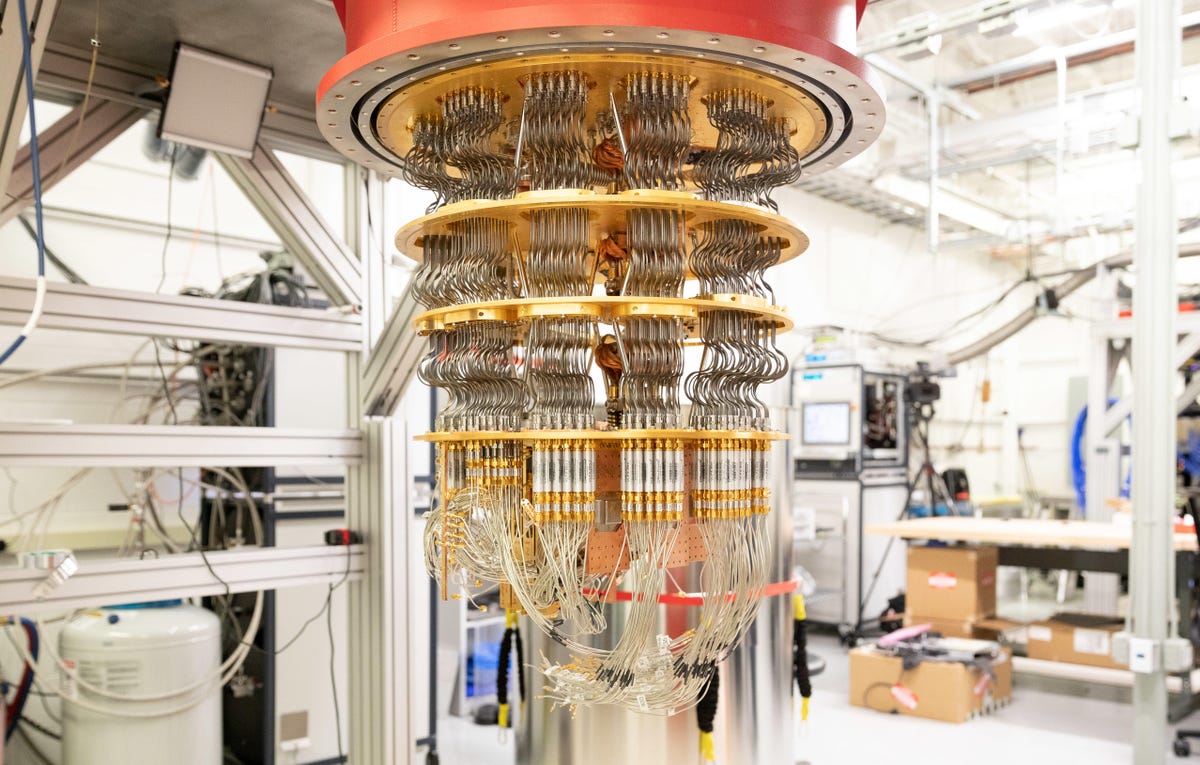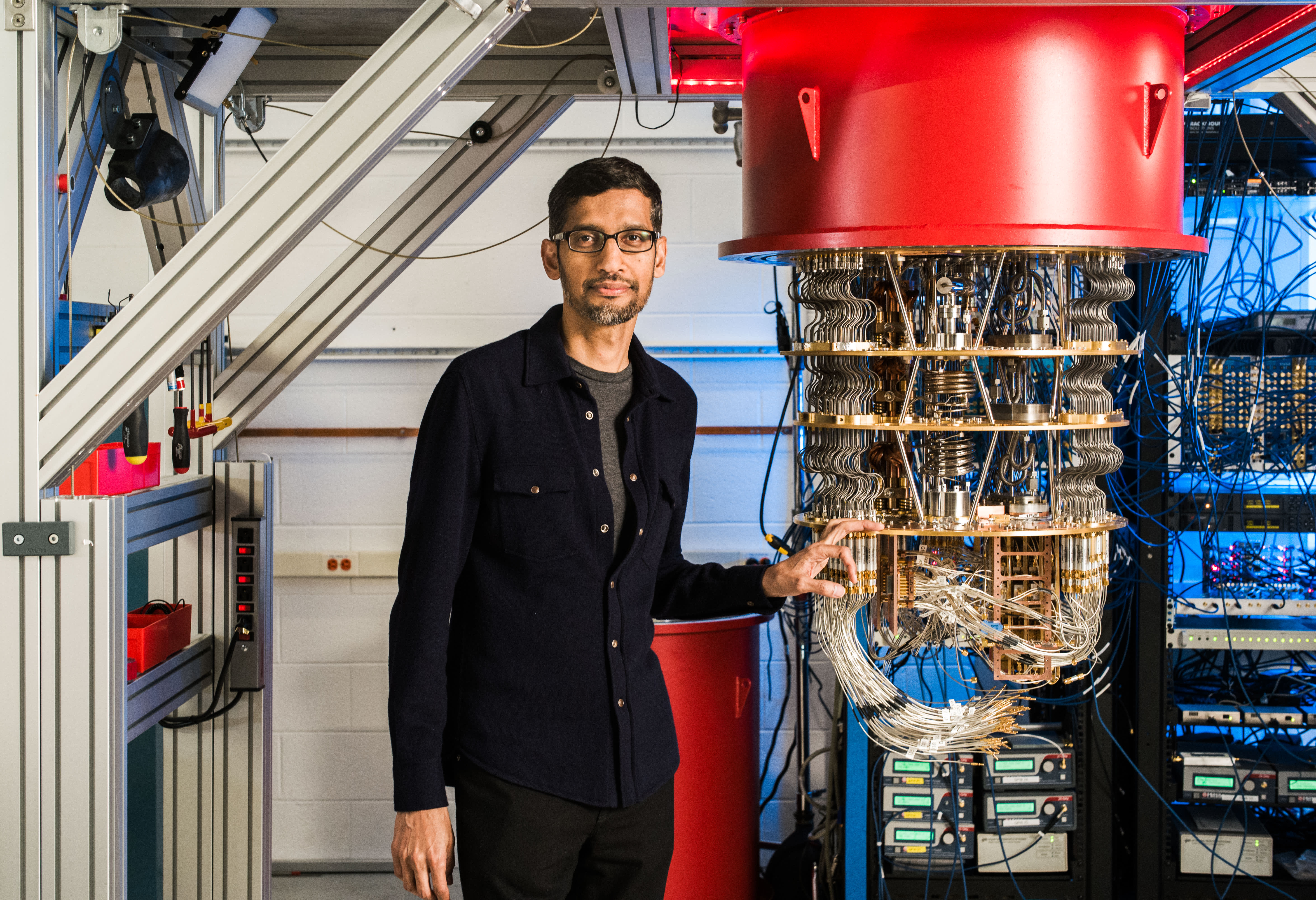Insider Synopsis
1) With awards of up to $150,000 USD, Google is launching a research program for academics looking into quantum transduction and networking for scalable computing applications.
2) The company’s Quantum AI team is creating superconducting qubit systems with the goal of using distributed computing to improve data center performance, robustness, and cost-effectiveness.
3)The move to distributed quantum computing offers substantial reductions in control wire and cryogenic requirements together with greater adaptability and resilience of architecture.
Google Is Advancing Quantum Technologies
Google is advancing quantum technologies by utilizing its achievements in modular computing. The company’s Quantum AI team is creating superconducting qubit systems with the goal of using distributed computing to improve data center performance, robustness, and cost-effectiveness.
Google is launching an academic research program with prizes of up to $150,000 USD for projects looking into quantum transduction and networking for scalable computing applications in order to assist these efforts. The team also stated that larger awards are available for outstanding experimental concepts that provide a convincing case for more funding.
According to details regarding Google’s proposal request, the move to distributed quantum computing promises enhanced modularity and design robustness while significantly decreasing requirements for cryogenics and control wire. Processing quantum data straight from the source may also result in novel scientific findings that influence current research as well as the architecture of Google’s quantum devices in the future.
Obstacles To Overcome
There are still many obstacles to overcome, especially in the transduction process, which transfers high-fidelity information between superconducting qubits and optical photons. Since this technology is still in its infancy, research into how to make it better is crucial. For distributed quantum systems to advance beyond quantum key distribution and parallel computing, new applications must be developed.
The strategy employed by Google expands upon the established benefits of modular computing in comparison to conventional monolithic architectures. Improved performance, reduced costs, and increased robustness are some of these benefits, which can be applied to everything from localized networks to international data-sharing platforms. Google hopes to develop more effective and scalable quantum computing systems by incorporating these ideas into quantum technology.
Increased modularity is one of the main advantages of distributed quantum computing in data centers. The chance of system-wide failures is decreased by the more robust system design made possible by this modular approach. It also significantly reduces the requirement for cryogenics and complex control wiring, which are major obstacles in the construction and upkeep of quantum computers.
Furthermore, quantum technology’s capacity to handle data straight from the source may result in previously unheard-of scientific breakthroughs. Real-time analysis of quantum data is made possible by this capability, which has the potential to reveal new information and expand our knowledge of the cosmos. These developments are anticipated to have a significant influence on Google’s quantum device architectures in the future as well as the design of near-term tests.
Follow Us:
Youtube | Google News |
Igniteds is on YouTube; click here to subscribe for the latest videos and updates.



























